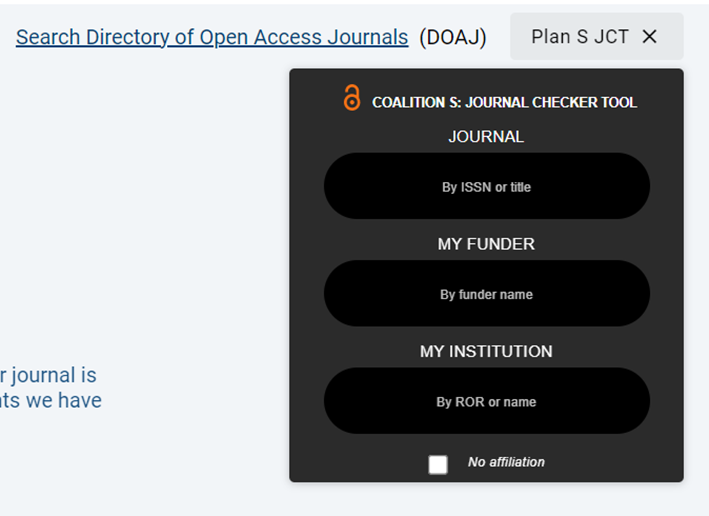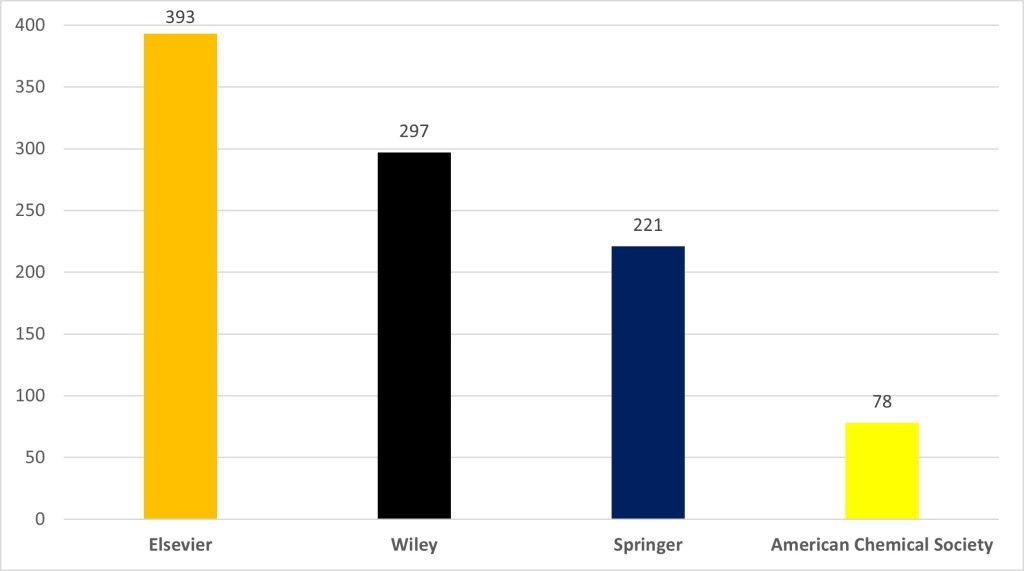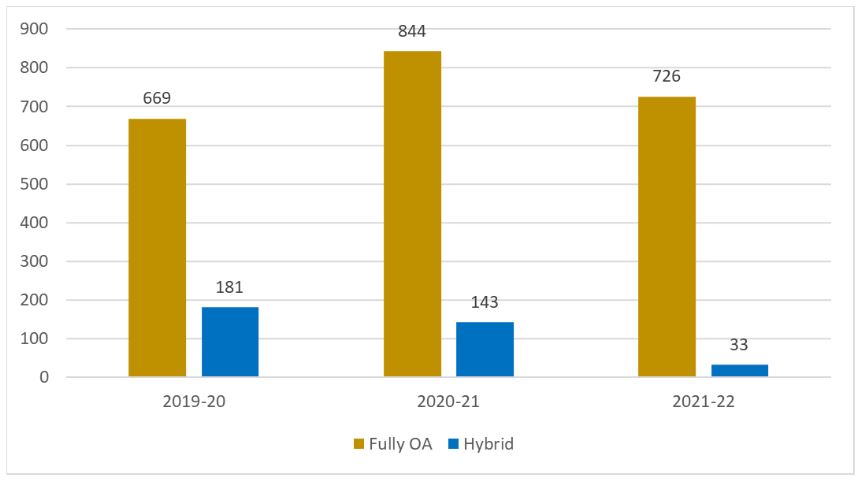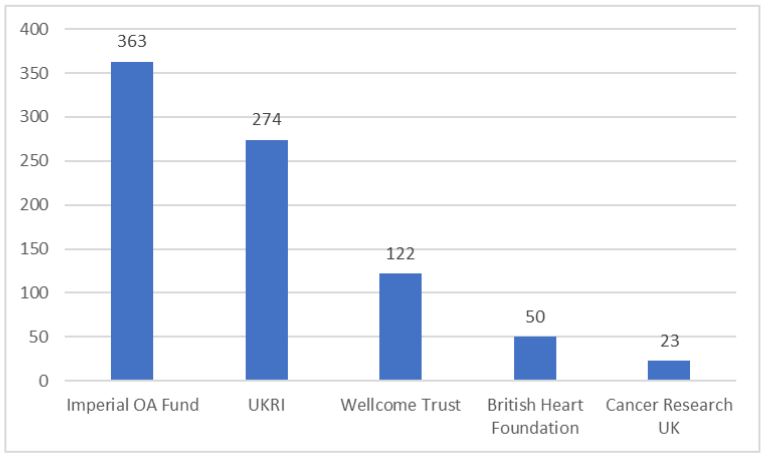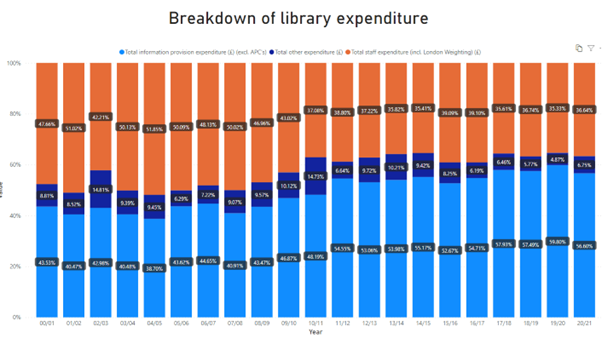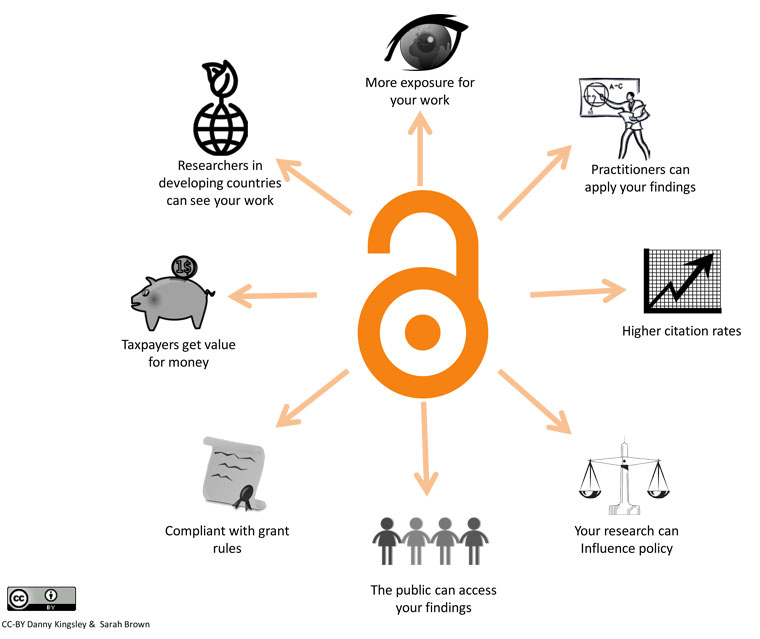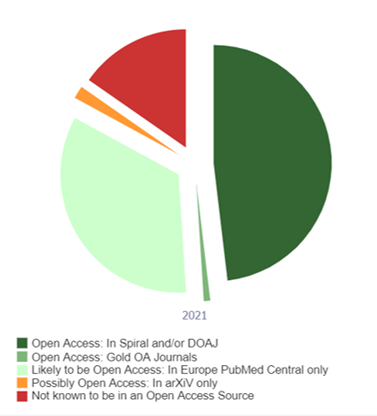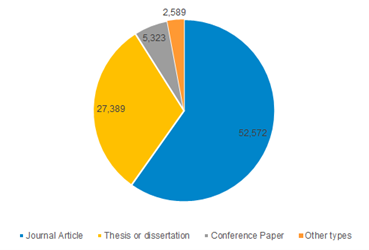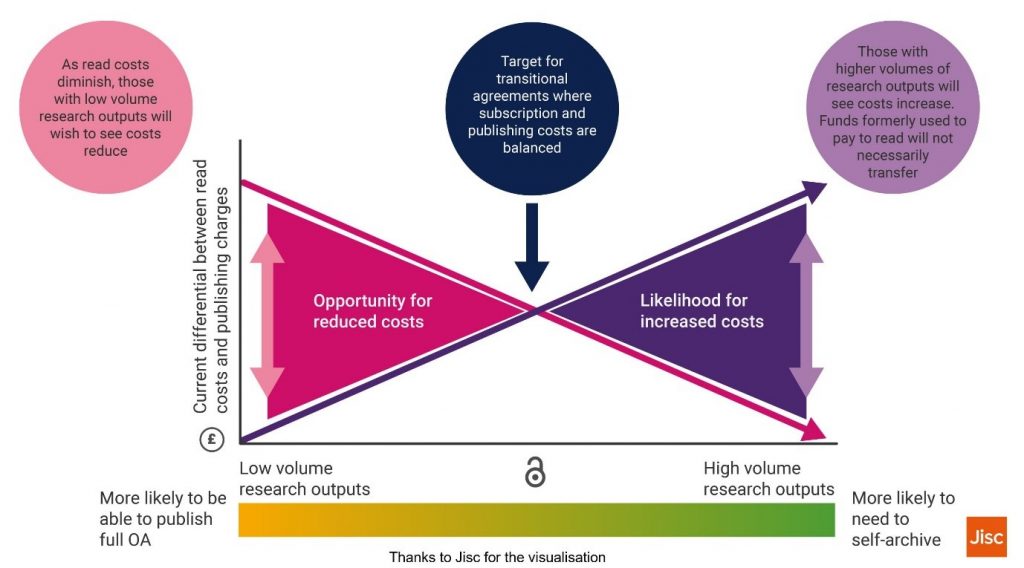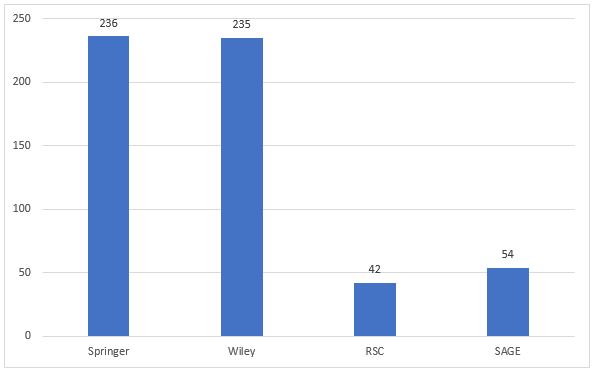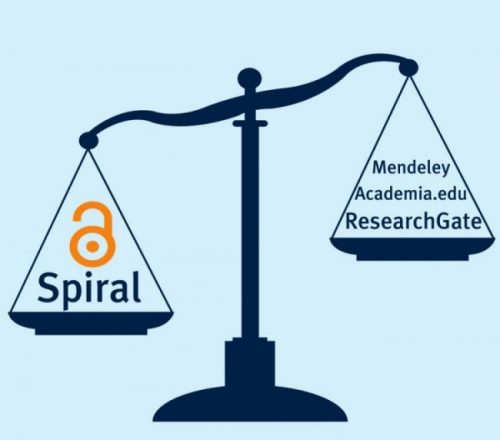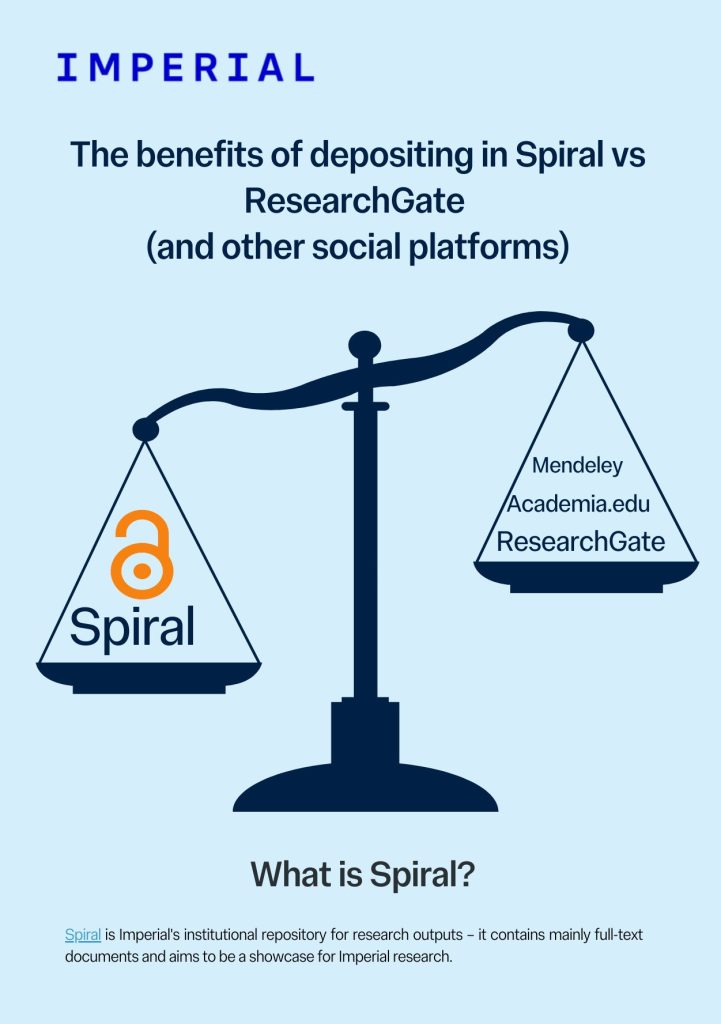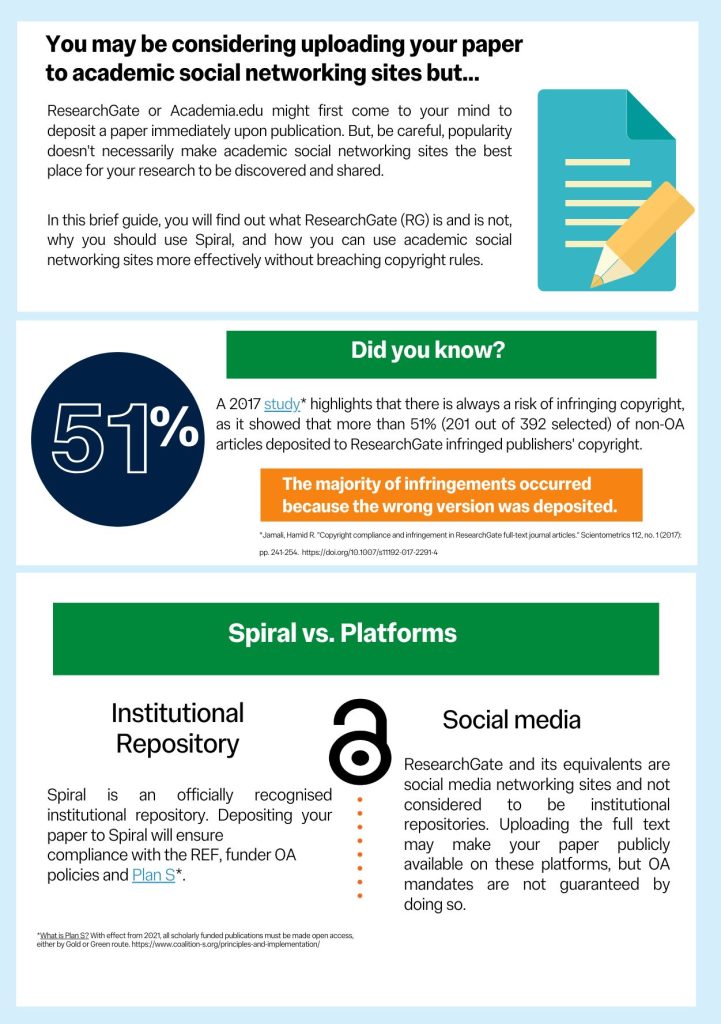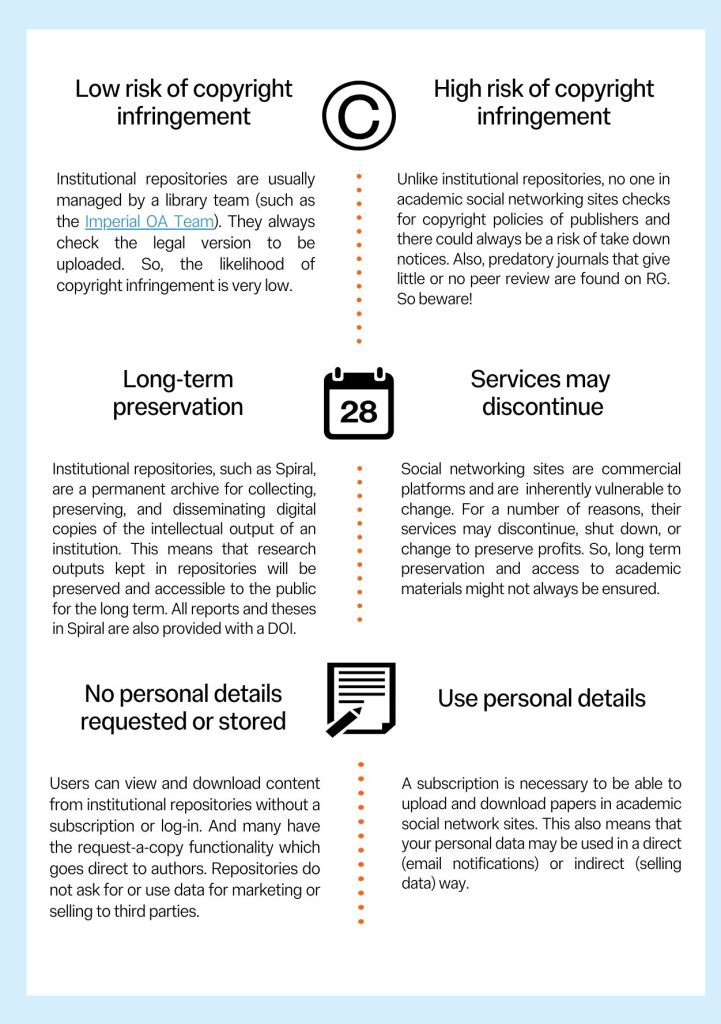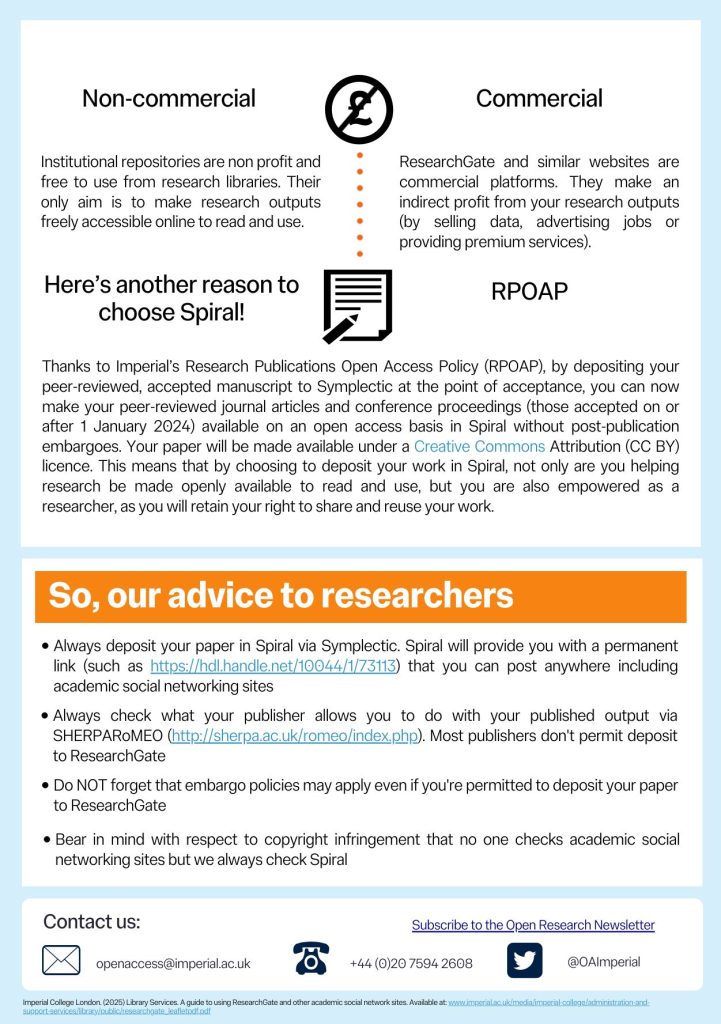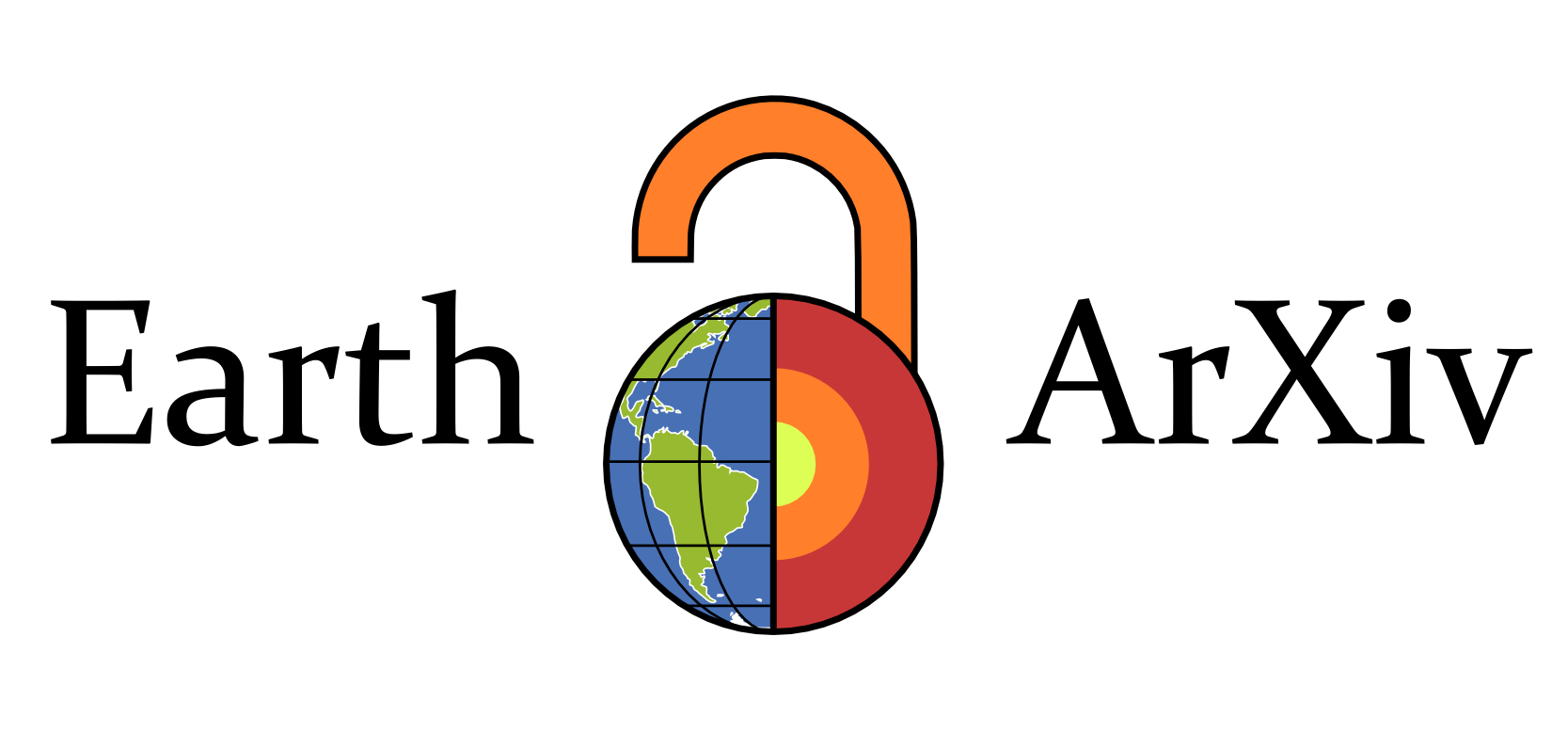This post was written by Ruth Harrison, Head of Scholarly Communications Management at Imperial College London.
After many years of work, the College will soon be able to announce that we are updating our institutional open access policy to allow researchers to make their peer-reviewed journal articles and conference proceedings available on open access under a CC BY licence at the point of publication with no embargo. This will apply to accepted manuscripts, and enable staff and students to retain their right to reuse the content of those outputs in teaching, research and further sharing of their work.
Why?
I don’t think many people would disagree with the moral and ethical case for open access to research, and that the principles of open research should be more widely applied. This is a global endeavour – in 2022, UNESCO published its recommendation on Open Science stating:
“By promoting science that is more accessible, inclusive and transparent, open science furthers the right of everyone to share in scientific advancement and its benefits as stated in Article 27.1 of the Universal Declaration of Human Rights.”
Open access publishing has existed for more than two decades now, and in the past 10 years, funders have increasingly required open access to the published outputs of research which public money, ultimately, has enabled. In the UK (and internationally) this has resulted in various policies which researchers, libraries and publishers have had to keep track of, and there are now many models through which open access can be achieved. But this also means considerable ‘policy stack’ and confusion, with varying workflows and messaging for researchers to keep up with.
Introducing a policy through which author rights to their accepted manuscript are retained is a solution to the policy stack. Based on the lead taken by MIT with their open access policy, introduced over a decade ago, and other institutions around the world, within the UK the case has been made that we should adopt the same approach. At Imperial, this began with the introduction of the concept of the UK-SCL – Scholarly Communications Licence – and has now developed into what will be our Research Publications Open Access Policy (RPOAP). Generally such policies are referred to as rights retention policies or strategies, and we will join over 20 other UK universities who have already implemented similar policies, including the universities of Edinburgh, Cambridge, Oxford and Glasgow, as well as Sheffield Hallam, Swansea, Queen’s University Belfast and the N8 institutions.
How does a rights retention policy work?
There are some key points to make:
- Authors will retain copyright over their work
- Under the policy, each author grants the College a non‐exclusive, irrevocable, sub-licensable, worldwide licence (effective from acceptance of publication) to make the AAM author accepted manuscript publicly available under the terms of a Creative Commons Attribution (CC BY) licence
- The right being granted is that of allowing the College to make the accepted manuscript openly available in Spiral without an embargo
- The College does not retain the copyright to research outputs – that is waived in favour of academics
- The policy applies to peer-reviewed journal articles and conference proceedings
- There is no restriction on choosing where to publish.
For the policy to be effectively implemented:
- Publishers need to be informed when an institution is going to implement a rights retention policy
- On behalf of all staff and students, the College will notify publishers of the policy
- There will be a list available of notified publishers.
What will authors need to do?
Authors should continue to upload their accepted manuscripts to Symplectic Elements which means for many people, there will be no change in their workflow at acceptance. When an accepted manuscript is received, the Library Services open access team will process it including managing any accompanying APC (article processing charge) application.
We would recommend that authors:
- familiarise themselves with the RPOAP when it is published
- consult the list of notified publishers when they are preparing a manuscript for submission – this will be available in the next few weeks
- use our publisher agreements search tool to find out if the Library Services has covered the cost of open access publishing for the version of record
- upload their accepted manuscripts (or a link to where a copy is already deposited, such as arXiv or another institutional repository) as soon as they can after acceptance
What’s next?
When the policy implementation date is agreed by University Management Board, there will be further communications across College, contact information and guidance available online at the Scholarly Communication website. This will include the list of notified publishers, and advice on what to do if your intended publisher is not on that list. And it is not only staff who will be able to take advantage of the policy, students are included as well – if you are a student publishing a journal article or conference paper, you will grant and retain the same rights as outlined above.
In the spirit of this year’s International Open Access Week theme, Community over Commercialisation, the ultimate question is: who decides? Should publishers get to decide what research readers see and what they can do with it, or should it be for the research community to decide for itself? RPOAP answers the question in favour of the community.

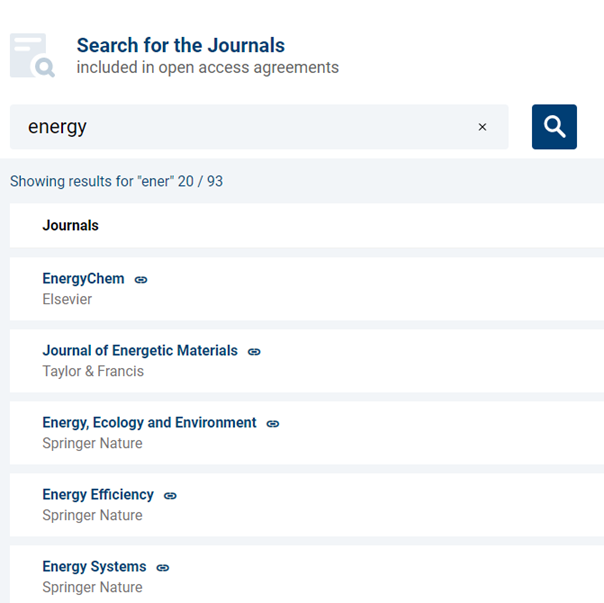 We have a new tool available that allows you to search for journals that are included in publisher open access agreements for Imperial College London-affiliated corresponding authors. You can search by journal title,
We have a new tool available that allows you to search for journals that are included in publisher open access agreements for Imperial College London-affiliated corresponding authors. You can search by journal title, 
